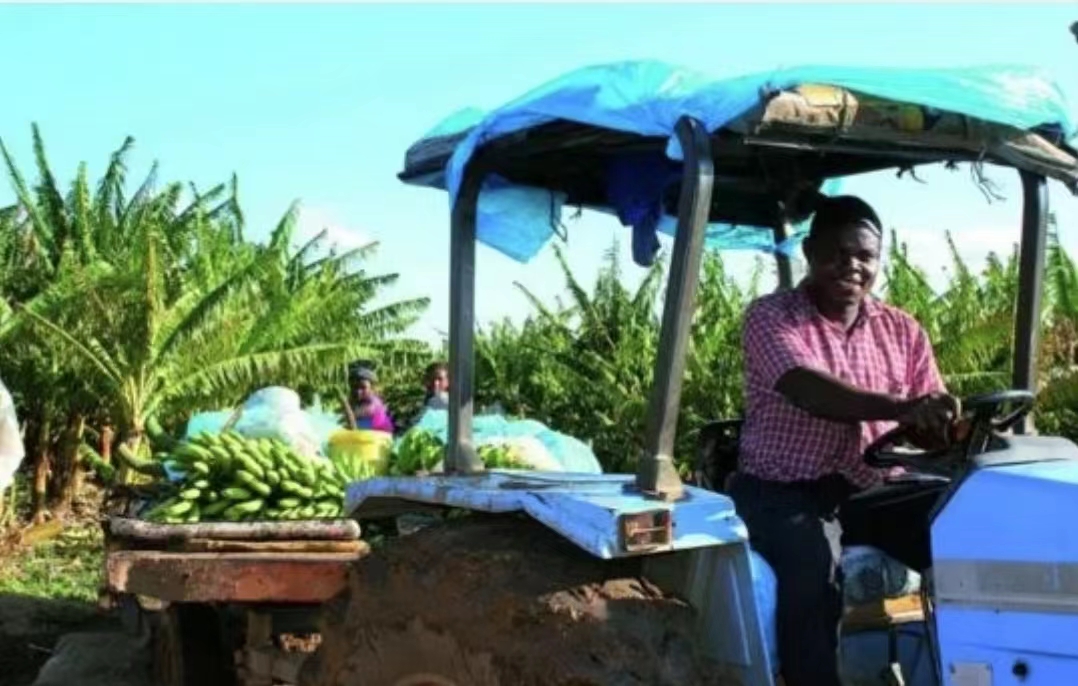It is reported that agriculture is the main industry of West African countries to develop the economy. In order to overcome the problem of crop preservation and improve the current backward agricultural distribution state, West Africa vigorously develops the food processing industry. It is expected that the local demand for fresh-keeping machinery has great potential.
If Chinese enterprises want to expand the West African market, they can strengthen the sales of food preservation machinery, such as drying and dewatering preservation machinery, vacuum packaging equipment, noodle mixer, confectionery machinery, noodle machine, food processing machinery and other packaging equipment.
Reasons for the high demand for packaging machinery in Africa
From Nigeria to African countries all show the demand for packaging machinery. Firstly, it depends on the unique geographical and environmental resources of African countries. Some African countries have developed agriculture, but the corresponding local product packaging cannot meet the output of manufacturing industry.
Second, African countries lack companies capable of producing high-quality steel. So as to be unable to produce qualified food packaging machinery in accordance with the demand. Therefore, the demand for packaging machinery in the African market is conceivable. Whether it is large packaging machinery, or small and medium-sized food packaging machinery, the demand in African countries is relatively large. With the development of manufacturing in African countries, the future of food packaging machinery and packaging technology is very positive.

What are the investment advantages of food machinery in Africa
1. Great market potential
It is understood that 60% of the world's uncultivated land is in Africa. With only 17 percent of Africa's arable land currently under cultivation, the potential for Chinese investment in Africa's agricultural sector is huge. As global food and agricultural prices continue to rise, there is a lot for Chinese companies to do in Africa.
According to relevant reports, the output value of African agriculture will increase from the current US $280 billion to nearly US $900 billion by 2030. The latest World Bank report predicts that sub-Saharan Africa will grow by more than 5 percent over the next three years and attract an average of $54 billion in foreign direct investment annually.
2. China and Africa have more favorable policies
The Chinese government is also encouraging grain and food processing companies to "go global". As early as February 2012, the National Development and Reform Commission and the Ministry of Industry and Information Technology released the 12th Five-Year Development Plan for the food Industry. The plan calls for developing international food cooperation and encouraging domestic enterprises to "go global" and establish rice, corn and soybean processing enterprises overseas.
African countries have also actively promoted the development of agricultural processing industry and formulated relevant development plans and incentive policies. China and Africa have formulated a comprehensive master plan for the development of agricultural processing industries, with the cultivation and processing of agricultural products as the main direction. For food-processing companies, the move into Africa comes at a good time.
3. China's food machine has strong competitiveness
Without sufficient processing capacity, African coffee largely relies on demand from developed countries to passively export raw materials. Being subject to fluctuations in the price of international raw materials means that the lifeblood of the economy is in the hands of others. It also seems to provide a new platform for China's food machinery industry.
Expert thinks: This is our country food machinery export rare opportunity. Africa's machinery manufacturing industry is weak, and equipment is largely imported from Western countries. The performance of the machinery equipment in our country may as well be west, but the price is competitive. In particular, the export of food machinery increased year by year.
Post time: Apr-01-2023

